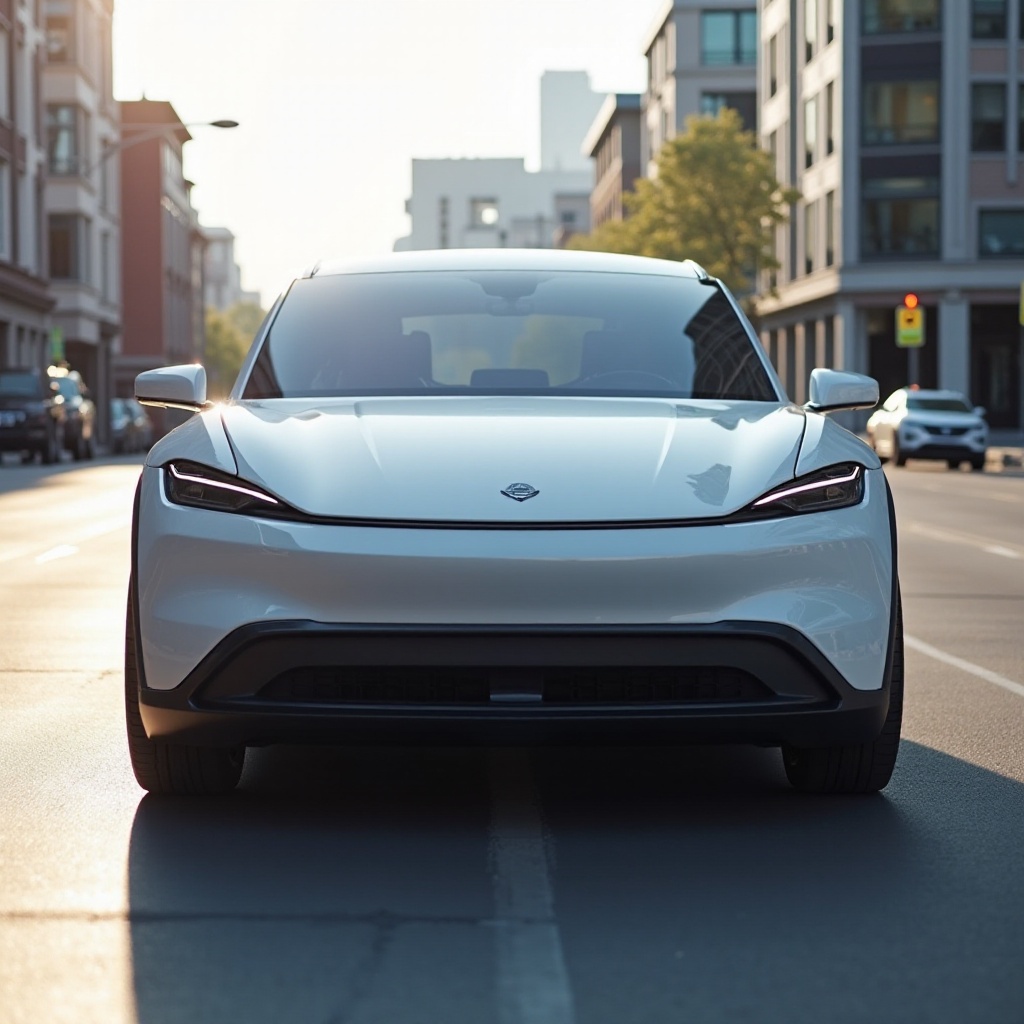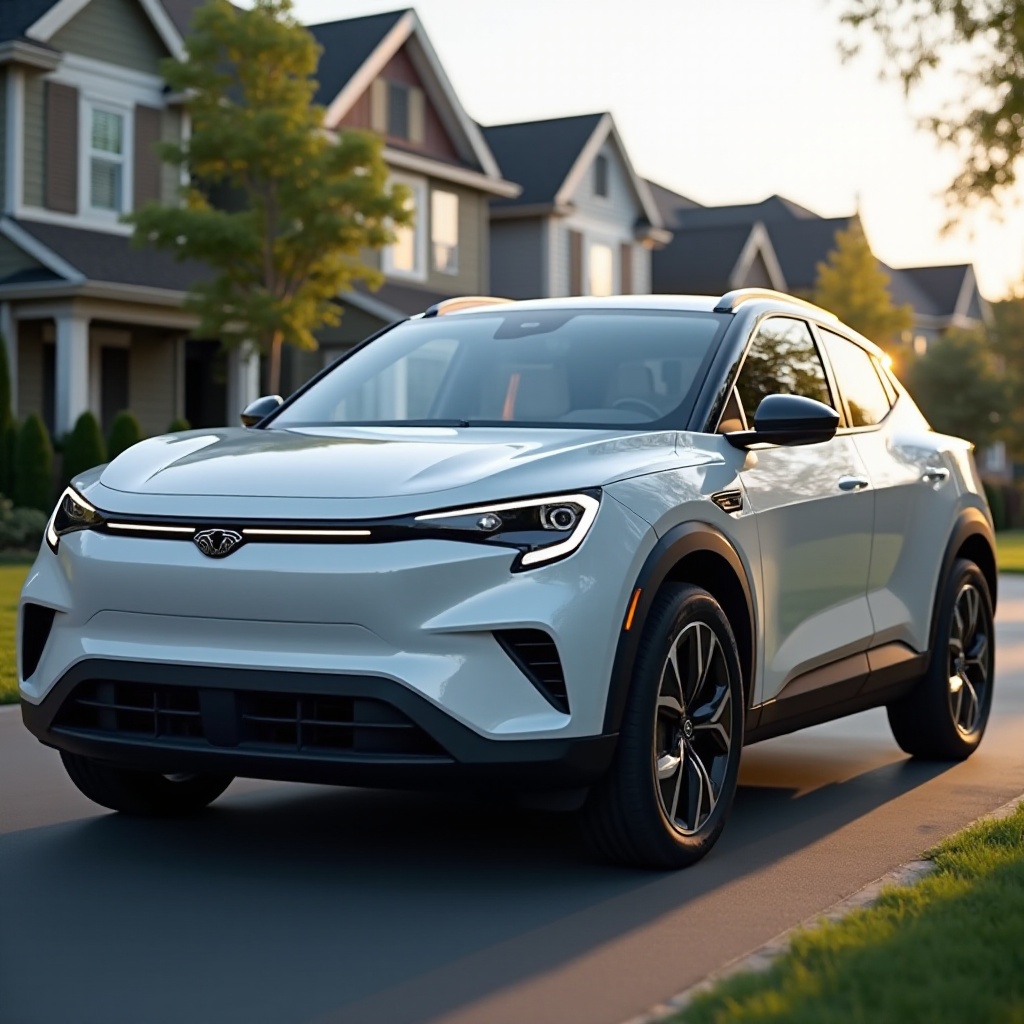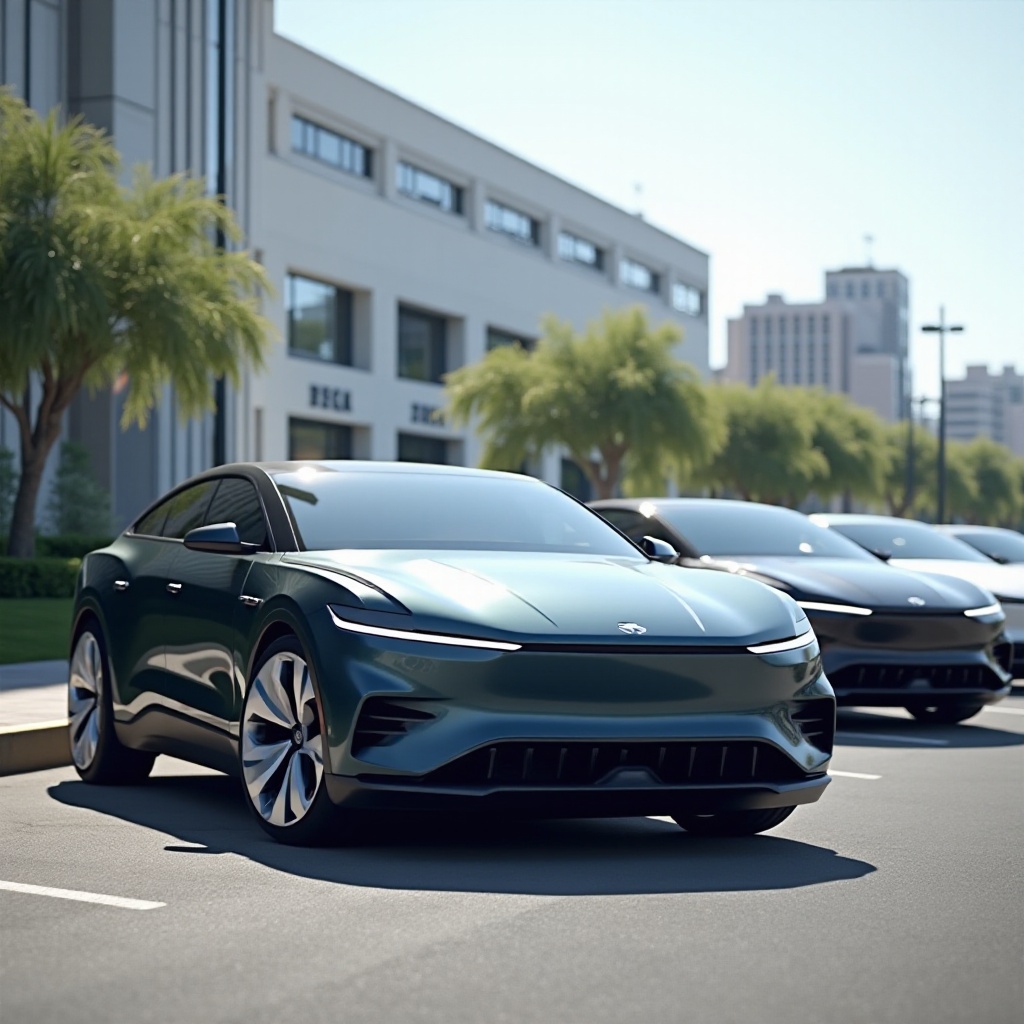Introduction
Rivian has become a prominent player in the electric vehicle (EV) market, known for its adventure-ready trucks and SUVs. Their commitment to sustainability and innovation is evident, but concerns about reliability linger among potential buyers. This blog delves deep into Rivian electric vehicle reliability in 2024, shedding light on user experiences, key features, and how they stack up against competitors.

Rivian’s Journey in the Electric Vehicle Market
Rivian’s journey began in 2009, led by founder and CEO RJ Scaringe, with a vision to revolutionize the automotive industry. The company’s first prototypes emerged in 2017, showcasing their bold approach to electric mobility. Rivian focused on creating vehicles that could endure rugged terrains while maintaining zero emissions.
The official launch of the Rivian R1T and R1S in 2020 marked their entry into the mainstream market. These models were praised for their innovative designs, off-road capabilities, and impressive range. Key investors like Amazon and Ford boosted Rivian’s credibility and financial backing. Amazon even placed a significant order for 100,000 electric delivery vans, solidifying Rivian’s position as a market influencer.
Rivian’s success continued with the opening of their manufacturing plant in Normal, Illinois. The facility exemplified their technological prowess and commitment to quality. Rivian navigated supply chain challenges and pandemic-related disruptions, steadily increasing production and delivery numbers.
Key Features of Rivian Electric Vehicles
Rivian’s electric vehicles boast several standout features that appeal to adventure enthusiasts and eco-conscious consumers alike:
-
Performance: Rivian’s EVs offer impressive acceleration, with the R1T truck going from 0-60 mph in just 3 seconds. Their all-wheel-drive system provides exceptional handling, making off-road adventures seamless.
-
Battery Life and Range: The vehicles come with multiple battery options, with ranges extending up to 400 miles on a full charge, catering to long-distance travelers.
-
Innovative Technology: Rivian integrates cutting-edge technology, including over-the-air updates, advanced driver-assistance systems (ADAS), and a robust infotainment system, ensuring a futuristic driving experience.
-
Sustainability: Made with eco-friendly materials, Rivian vehicles emphasize sustainability. Their commitment extends to their supply chain practices, ensuring minimal environmental impact.
-
Utility and Space: The R1T and R1S offer ample cargo space, with unique storage solutions like the Gear Tunnel, catering to outdoor enthusiasts and families alike.
These features collectively position Rivian as a strong contender in the EV market, but how reliable are these vehicles in real-world scenarios?
Reliability Metrics and User Reviews
Assessing the reliability of Rivian electric vehicles involves examining user reviews and empirical data. Common metrics include:
- Durability: Users report that Rivian vehicles handle various terrains well, maintaining their integrity over time.
- Maintenance: Routine maintenance costs are relatively low, thanks to fewer moving parts compared to traditional internal combustion engines.
- Battery Performance: Long-term battery degradation appears minimal, with most users retaining over 90% capacity after significant mileage.
- Software Updates: Regular over-the-air updates ensure the latest software enhancements, reducing the need for physical recalls.
User feedback is generally positive, with Rivian owners appreciating the brand’s customer service and vehicle performance. However, some concerns about minor software glitches and initial production hiccups remain.

Comparative Analysis with Other EV Brands
Rivian’s reliability stands strong, but how does it compare with other established EV brands like Tesla, Ford, and Lucid?
Tesla: Tesla’s dominance in the EV market stems from its extensive experience and technological advancements. However, their vehicles have faced criticisms related to build quality and customer service. Rivian, being a newer brand, benefits from these learnings, incorporating robust quality control measures from the start.
Ford: The Ford Mustang Mach-E is a strong competitor, offering a compelling blend of performance and affordability. Ford’s long-standing reputation for durability adds to its appeal. Nonetheless, Rivian’s specific focus on adventure-readiness gives it an edge for off-road enthusiasts.
Lucid Motors: Lucid Air, known for its luxury and range, rivals Rivian from a performance standpoint. While Lucid focuses on luxury sedans, Rivian targets the SUV and truck segment, carving its niche effectively.
Thus, while Rivian outshines in off-road capabilities and specific user needs, it has room for growth in luxury and mass-market vehicles, sectors dominated by Tesla and Lucid.
Future Outlook for Rivian’s Reliability
Looking ahead, Rivian’s continuous investment in innovation promises a bright future for their vehicle reliability. The company’s plans include expanding their service network, enhancing battery technology, and refining production processes.
Additionally, Rivian’s commitment to sustainability and technological advancements, like autonomous driving capabilities and new battery chemistries, indicate their potential to lead the market. Strategic partnerships and acquisitions will further bolster their reliability and technological prowess.
Rivian’s proactive approach to addressing user feedback and incorporating it into future models reflects a customer-centric strategy that promises improved reliability and overall user satisfaction.

Conclusion
Rivian electric vehicles demonstrate commendable reliability underscored by technological innovation, sustainability, and user satisfaction. While they face stiff competition from established EV brands, their focus on unique user needs and continual improvements positions them well for future growth. As Rivian continues to evolve, its reliability in the electric vehicle market will only strengthen.
Frequently Asked Questions
How reliable are Rivian electric vehicles compared to other EV brands?
Rivian EVs are highly reliable, especially in off-road conditions, and offer strong competition to established brands like Tesla and Ford.
What are the most common issues reported by Rivian owners?
Minor software glitches and initial production issues have been reported, but these are gradually being addressed through updates and improved production processes.
What is Rivian’s warranty coverage for their electric vehicles?
Rivian offers a comprehensive warranty that includes an 8-year or 175,000-mile battery warranty and a 5-year or 60,000-mile general vehicle warranty.
